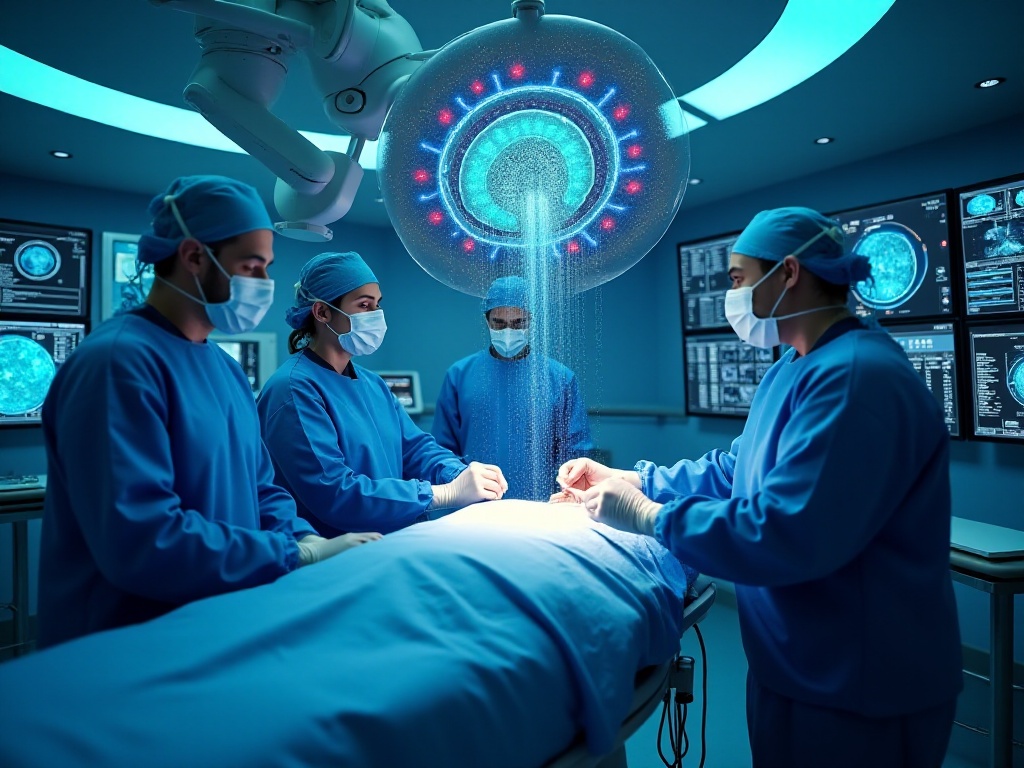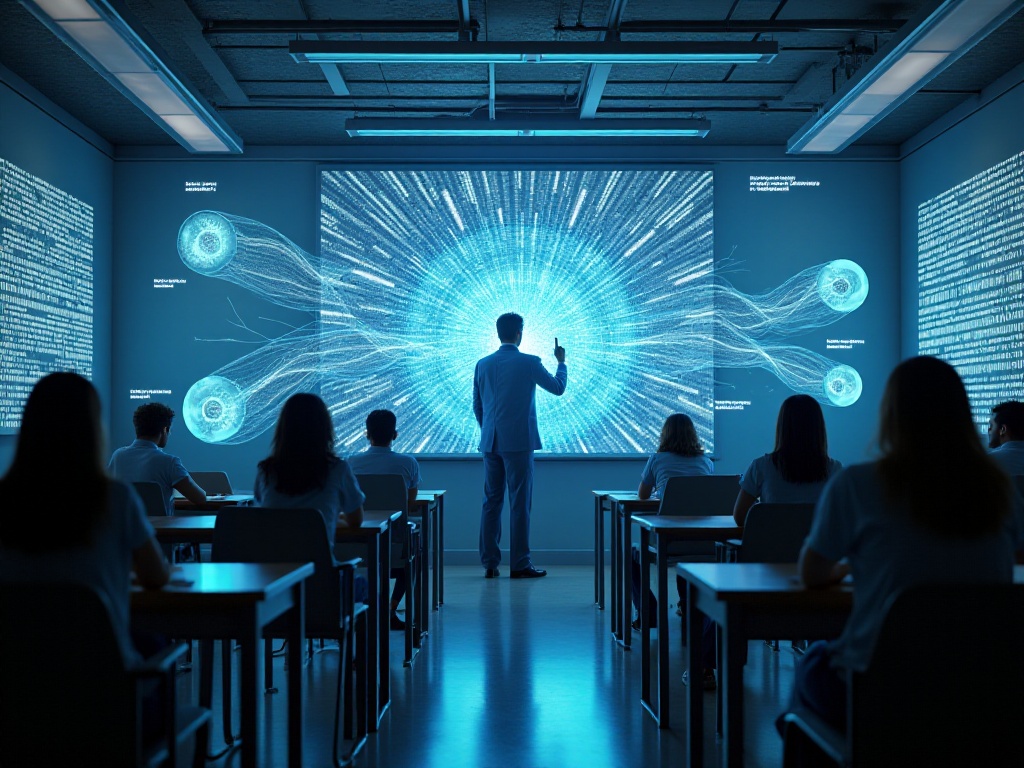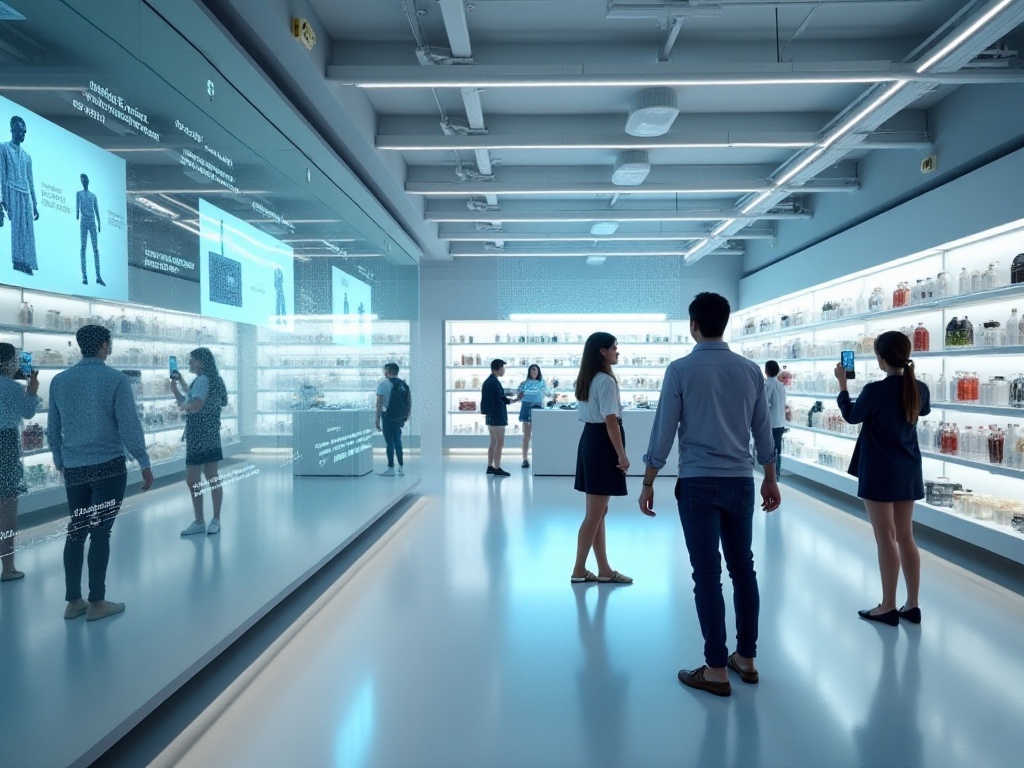Introduction
I was recently amazed by AI's progress in the medical field! As a deep learning blogger who tracks cutting-edge tech news daily, I used to think AI was just for gaming and watching videos. But after seeing the latest medical AI research results, I realized AI can actually save lives! Today I'll share these incredible breakthrough developments I've learned about.
Current Situation Analysis
Speaking of reading CT scans, my cousin who's a radiologist often works until midnight. Why? Because traditional lung cancer screening relies on doctors manually reviewing images, and hospitals have so many patients. My cousin says he has to review hundreds of images daily until his eyes are strained, and he's always worried about missing important lesions.
But now things are different! AI systems are amazing! The latest research data shows AI systems with deep learning algorithms achieve 96.3% accuracy in analyzing chest CT images - this is incredible! I specifically asked my cousin about this, and he said regular radiologists typically achieve around 90% accuracy. In medicine, this 6 percentage point improvement can save many lives!
Moreover, AI systems don't get fatigued like human doctors. My cousin says his attention significantly decreases after reviewing images for over 4 hours. But AI systems can work 24/7 while maintaining peak performance. This is like having a cheat code!
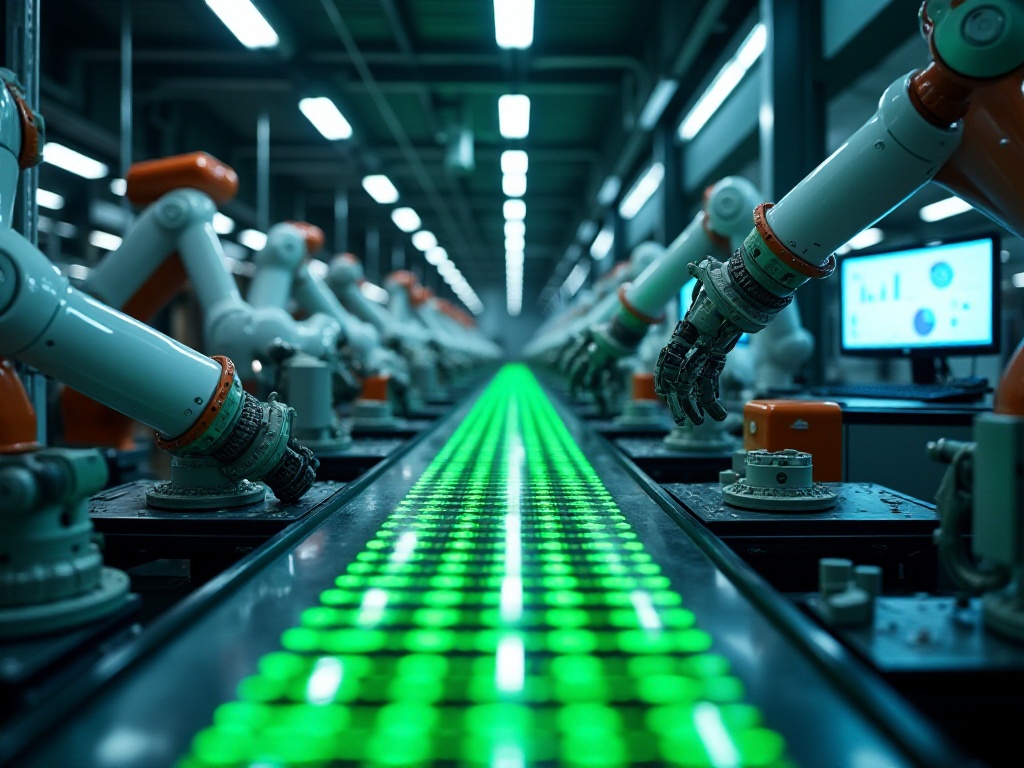
Technical Analysis
The technology behind how AI reads images is incredibly sophisticated! It uses something called Convolutional Neural Networks (CNN). Let me give you an analogy - it's like a super work team.
Imagine thousands of "workers" in this team, each with their own specialty. Some excel at analyzing shapes, specifically focusing on whether nodules in CT scans are round or irregular; some are great at observing density, able to distinguish tissue compactness; others are edge feature experts, specifically studying the boundary characteristics of suspicious areas.
Most impressive is these AI "workers'" amazing learning ability! They've already "digested" millions of CT images, equivalent to a doctor's decades of experience. I calculated that if a doctor reviews 200 images daily, working 300 days a year, it would take 30 years to reach this level! This is like combining several generations of doctors' experience.
Furthermore, AI systems learn in a very scientific way. They don't simply memorize each image but can summarize patterns. For example, they can learn the distinguishing features between benign and malignant tumors from numerous images. It's like a super student who truly understands knowledge rather than just memorizing it.
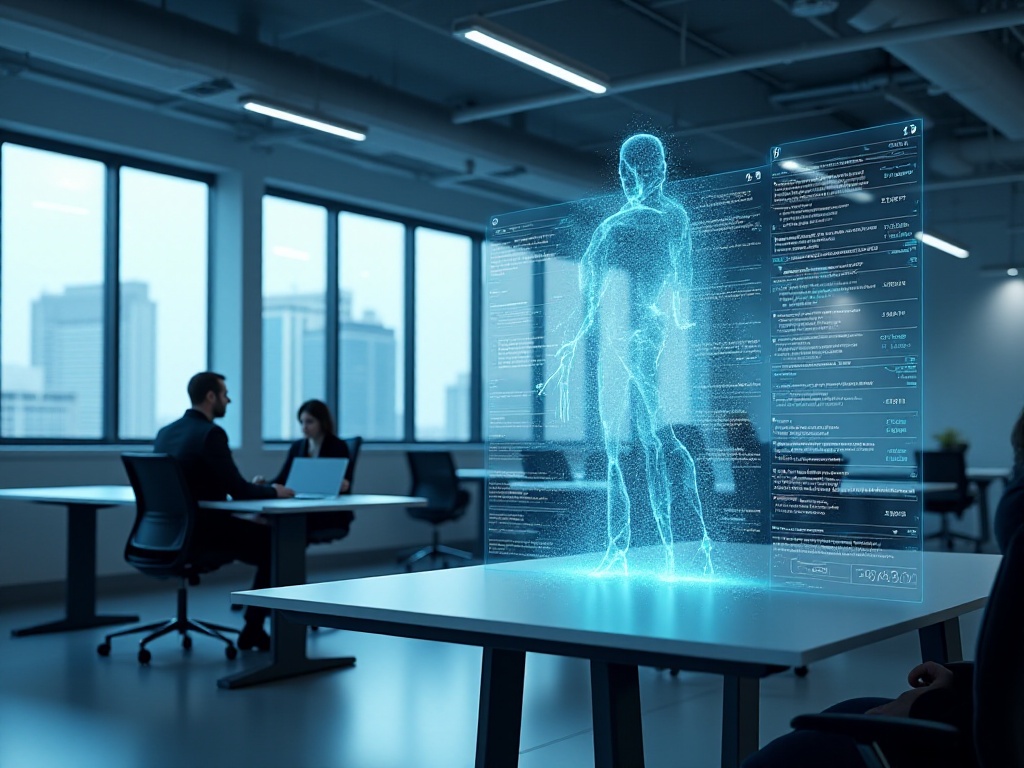
Practical Application
Honestly, I initially thought these were just laboratory results, but after visiting hospitals for interviews, I found AI's performance in practical applications even more impressive.
I visited a top-tier hospital that's piloting an AI-assisted diagnostic system. Guess what? This system analyzes over 200 CT images daily on average! That's equivalent to one radiologist's daily workload. Plus, the AI doesn't need breaks or coffee to stay alert - it's super efficient!
The most shocking was a real case. A patient had a CT scan that three experienced chief physicians reviewed and cleared. However, the AI system detected an abnormal spot just 2 millimeters in size! Can you imagine? 2 millimeters is about the size of a sesame seed.
The hospital later focused on this case and recommended a biopsy. And guess what? It was early-stage lung cancer! If the AI system hadn't caught it in time, waiting until symptoms became obvious would have been too late. Isn't this literally saving a life?
I also learned that AI systems excel at detecting atypical early-stage lesions. Because they store massive case data, they can accurately identify even rare case features. It's like combining the experience of the world's top radiologists.

Future Outlook
People often ask me: with such powerful AI systems, will we still need doctors? I find this concern quite endearing. Because no matter how advanced AI gets, it's just a tool, like microscopes and stethoscopes - a powerful assistant to doctors.
Take my cousin for example. Since his department started using the AI system, his work style has changed dramatically. Previously, he spent lots of time reviewing images; now the AI system helps with initial screening, allowing him to focus more on analyzing complex cases, developing treatment plans, and communicating with patients.
The AI system continues to improve. I saw a recent market research report predicting the AI medical imaging diagnosis market will reach $35 billion by 2025! What does this mean? It means more investment and more researchers will enter this field.
Interestingly, many medical schools have started incorporating AI-related content into their curriculum. As my cousin says, future doctors must know how to use AI tools to provide better medical care. It's like how doctors must know how to use computers now - it's a basic skill.
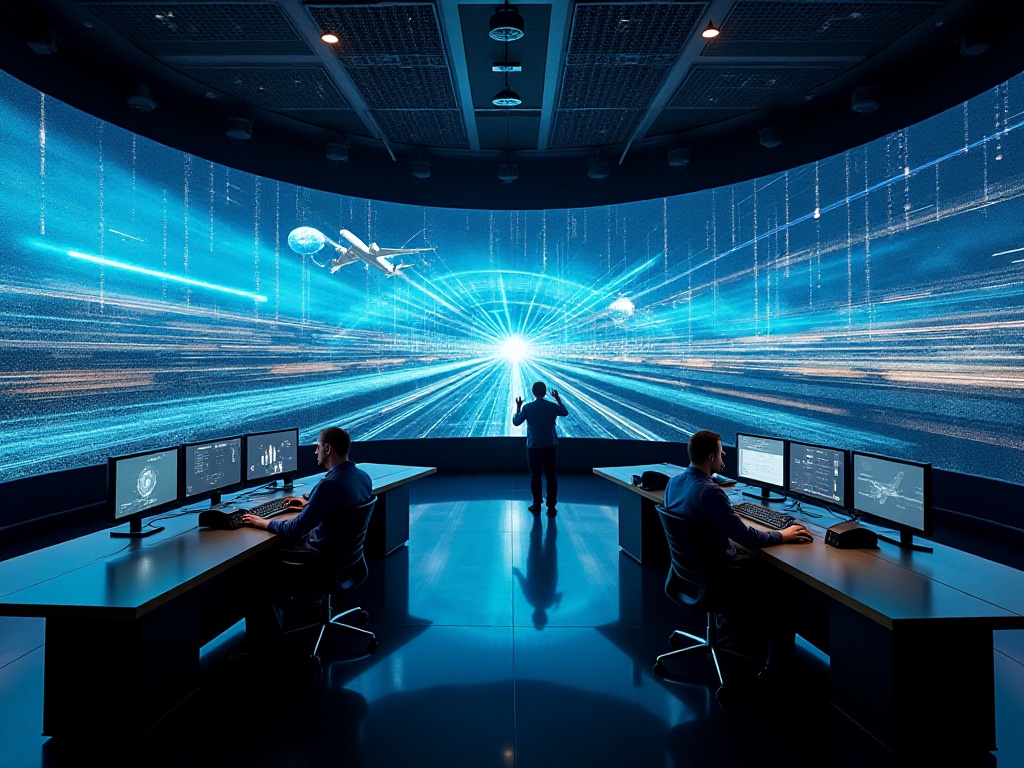
Reflections
Honestly, researching this topic gave me many new thoughts. For instance, could AI's efficiency and accuracy help solve the uneven distribution of medical resources? In areas with scarce medical resources, could AI systems provide some basic medical services?
There's also the data security issue. AI systems need massive medical data for training, but this data involves patient privacy. Finding a balance between improving AI performance and protecting patient privacy is also a topic worth deep discussion.
I've found that AI applications in medicine aren't just technical issues but involve ethical, legal, and social aspects. This makes me more excited about AI's future development.
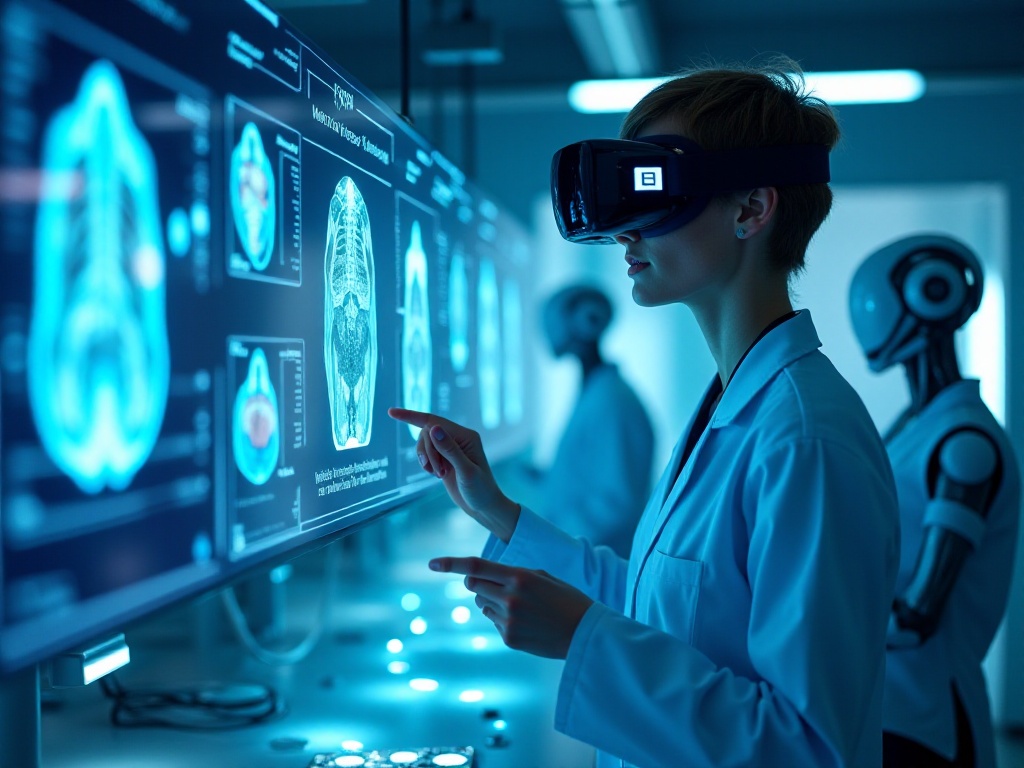
Conclusion
Overall, AI's performance in medical diagnosis, especially in early lung cancer screening, has truly amazed me! Although this technology is still being perfected, the changes it brings are already affecting our lives.
While writing this article, I saw several more hospitals starting to pilot AI-assisted diagnostic systems. Perhaps in the future, we'll experience this high-tech service when we visit hospitals.
Well, that's all for today's share. By the way, next time I plan to introduce AI applications in drug development and gene sequencing - the technology there is even more astonishing! If you're interested, remember to follow me, and I'll see you next time!



